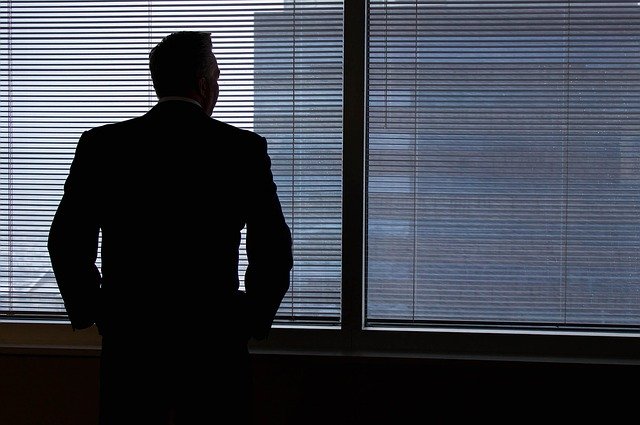Middlesex University works with fellow institutions and ScreenSkills on Covid-19 guidelines for HE and FE film productions

Universities around UK and ScreenSkills collaborate on guidance for safe student filming during Covid
Academics from a group of universities and screen industry skills body ScreenSkills have collaborated on guidelines for students, to manage the risk of working on a film, TV or other visual media production during Covid-19: https://tinyurl.com/y4vx5hxf
The guidelines build on the ScreenSkills Covid-awareness training offered since June as well as the Covid-safe guidance produced by the screen industry for practitioners working during the pandemic. They are intended for Higher and Further Education students on screen-related courses, academics and support staff to observe safe practice when planning and undertaking work.
They address a broad range of film, TV, visual effects and animation projects. Tim Weiss, director of vocational skills at ScreenSkills explains that the context of work on student productions “needs more tailored guidance than is possible in the industry guidelines, given young people are learning about how film and TV production works in the first place and are then being asked to adjust this practice to work safely in light of the coronavirus”. The guidelines also acknowledge the unique interplay between the health and safety requirements of a small student production and wider university and college policies.
Edward McCaffrey, Senior Lecturer in TV Production at Middlesex University was inspired to put together the guidelines when he saw the steps professionals were taking to adapt to Covid-19, realising there was a need to do something similar for students.
The guidelines were devised by ScreenSkills and academics at Middlesex, Goldsmiths, Bournemouth, Ulster and Edinburgh Napier universities with additional input from specialists at other universities, colleges and film schools, lawyers and scientists. They have been reviewed and endorsed by TV and film industry organisations across the UK such as the British Film Commission, Pact and UK Screen Alliance.
“We couldn’t have done this without collaboration. Everyone credited helped shape that document” says McCaffrey. “Academics and industry reps from all over the country were really supportive, positive and constructive. If we can keep that momentum, there are many things we can do together.”
Chapters cover every aspect of filmmaking – camerawork, directing, lighting, post-production, hair & make-up and costume – different genres and formats, and how to cast and rehearse actors in social distancing conditions. They also address personal hygiene and maintaining good mental health.
The aspiration is to get the guidelines to every university and FE College across the UK – as guidelines, they can be varied and incorporated into each institution’s own regulations. Working within the guidelines won’t qualify students or academics to work in a Covid-safety supervisory role but will equip them to get back to filming in an array of different contexts. The academics behind the guidelines are now working on how to offer Covid safety training packages specific to students and university staff.
“This is really about allowing students and staff to get out there and produce films and TV,” says McCaffrey. “It will take a while before it’s anything like normal, but production is definitely back on its feet.”
ScreenSkills’ Tim Weiss says:
“We were delighted to work with a group of leading universities and colleges to develop these guidelines, based on our existing knowledge and experience of working with industry on guidance and training around safe Covid-19 practice. Given how strongly the screen industries were growing before lockdown, it is important that we continue to support the safe development of a skilled and inclusive pipeline now.”












Responses